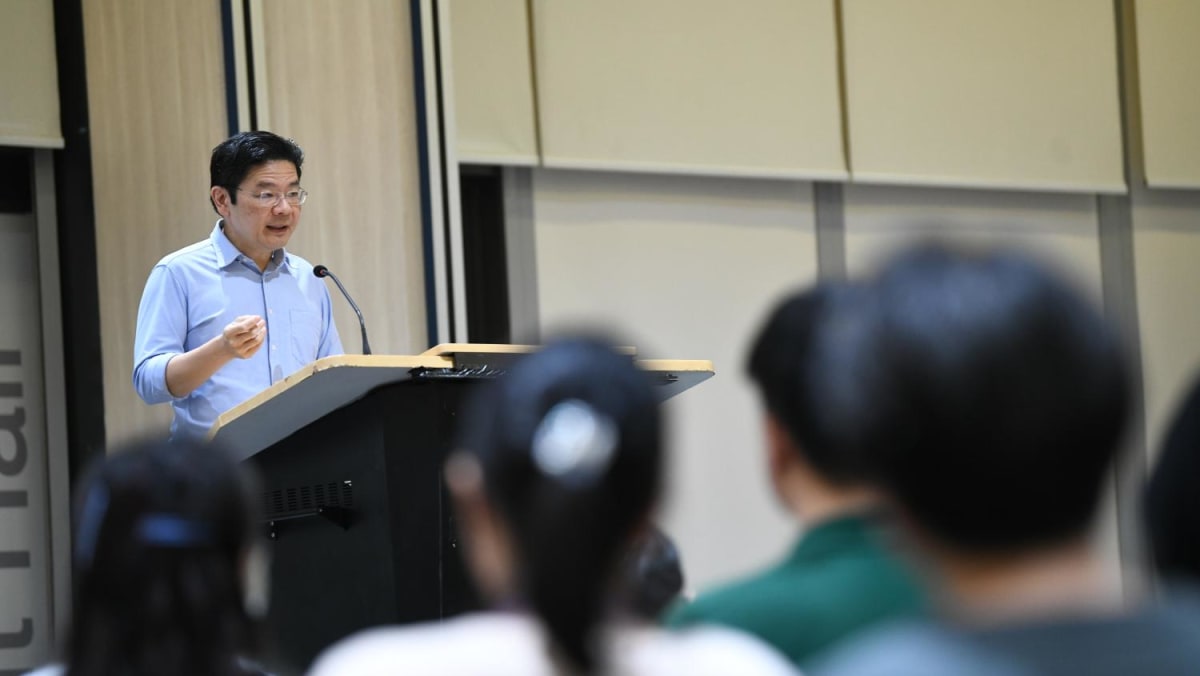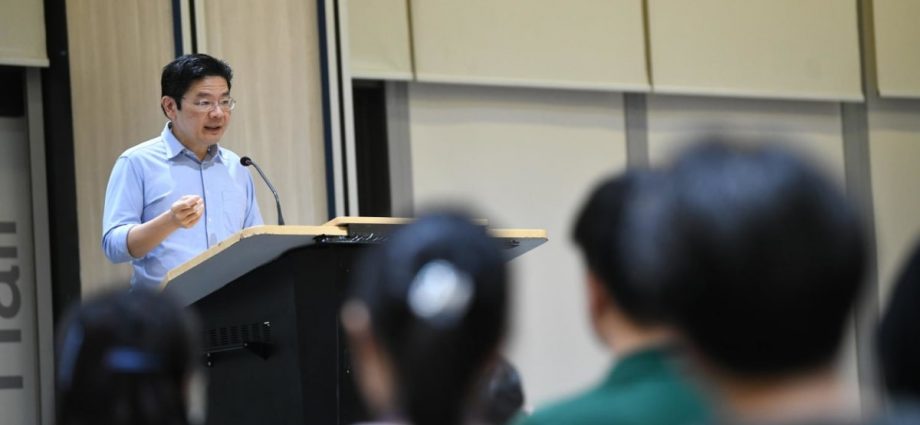
THREE CONSIDERATIONS FOR EMPLOYMENT RESILIENCE
Mr Wong said in his speech that very few countries around the world have a good system in place for adult training, skills upgrading and job placement.
“It’s very hard to do at a national level,” he said. “I think in Singapore, we are fortunate that we are starting from a stronger foundation than many other countries, partly because of our tripartite partnership – we have the government, employers and unions working closely together over many decades and so we are in a better position to see how we can move forward and strengthen our overall system.”
To do that, he added that Singapore has to engage the employers, training providers and workers.
Employers, because they are the ones who create jobs in the first place.
Said Mr Wong: “Employers need to know how they want to grow and transform their business, how to redesign jobs to achieve these goals and what kind of skill sets they need for their jobs of the future.”
Secondly, Singapore needs training providers to work closely with employers and the industry, to understand what employers need and design effective courses that can close the skills gap.
They must also maintain high and rigorous standards of training, he added.
And finally, workers must be engaged either directly or through the unions.
“We must recognise that we have a very diverse workforce,” he said, before going on to highlight the various groups of workers.
“There will be some who are very clear about what they want to do, based on their own skills and aptitudes.
“They will do their own research, they will undertake training on their own. In fact, they require probably very little help from external parties.
“We want many more people to be like that, unfortunately, for now, this group reflects only a small proportion of workers.”
But some workers want to undergo training just to follow the fad without really thinking hard about whether the jobs is a good fit.
And there are those who may not even go for training at all due to various reasons, be it a lack of time or resources. When they are displaced or retrenched, they often jump to accept the first job they can get even when it’s not always the best use of their talents, he said.
Given these considerations, Singapore needs to strengthen its SkillsFuture ecosystem, especially in the areas of training and job placement, he added.
He noted that this is something Singapore has already been doing for some time.
“But we think there is much more we can do to strengthen our overall SkillsFuture ecosystem and that’s why we have set up this Citizen’s Panel,” Mr Wong said.
The fourth and final session of the Ngee Ann Kongsi-Institute of Policy Studies Citizens’ Panel on Employment Resilience was held on Saturday at the Devan Nair Institute for Employment and Employability.
Funded by The Ngee Ann Kongsi and in support of the Forward Singapore exercise, the panel has engaged about 60 participants – including employees, employers, employment intermediaries and the unemployed – to co-create recommendations on how to strengthen employment resilience.
The final session was attended by Mr Wong, Manpower Minister Tan See Leng and National Trades Union Congress Secretary-General Ng Chee Meng.

